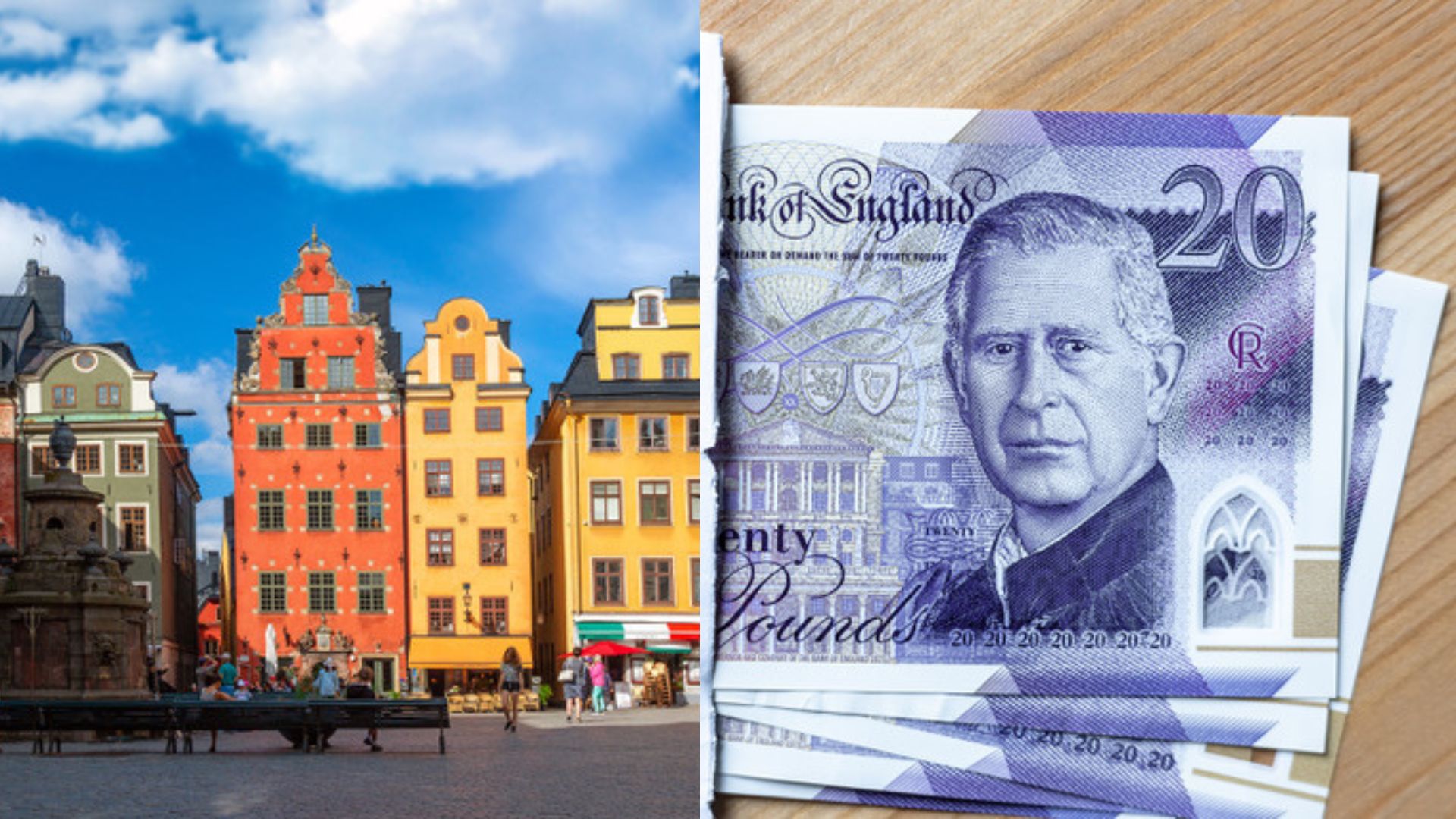
Royal ESG accountability
Once upon a time, in the cobbled streets of Stockholm’s old town, Gamla Stan, I found myself in the unexpected company of then-Prince Charles. It was one of those serendipitous encounters you’d only expect in a small, safe city—one that felt almost staged by some royal storyteller yet was entirely real. We shared a brief chat, and for a moment, he was less the royal and more the fellow environmentalist, his enthusiasm piqued by his visit to Hammarby Sjöstad, Stockholm’s eco-friendly district. Prince Charles, it turned out, shared a mutual acquaintance with me in the legendary Jonathon Porritt, a pioneering environmentalist from Britain. Here was a future monarch marveling at green innovation, dreaming big for sustainability.
Flash forward to today, and Charles, now the King is back in the headlines—not for his musings on sustainability, but for the complex business dealings he and his son now oversee as heads of the royal enterprises, the Duchy of Lancaster and the Duchy of Cornwall. A recent Sunday Times exposé has shaken the very principles he has long championed. I’ll refrain from delving into the 14th-century tax arrangements that exempt the Duchies of Lancaster and Cornwall from paying corporate taxes. In my country, Sweden, the king is taxed just like any other citizen.
Here’s where I put on my sustainability hat: if the royals are managing a ‘corporation,’ they’re accountable not just to the rules of succession but to the standards of ESG—Environmental, Social, and Governance.
Here’s the core: we can expect the world’s big corporations to uphold values that speak to long-term responsibility over quick returns, yet the very figurehead of Britain, along with his heir, appears to be presiding over an entity sorely lacking in governance and ESG commitment.
Corporate giants know the drill—if you’re in charge, you own up. When your name is on the empire’s letterhead, as it were, responsibility can’t be shrugged off. And there’s more riding on a crown than a CEO title, even if the expectation for ethical oversight should, in theory, be the same.
As a corporate responsibility advocate, I believe this is an ideal opportunity for King Charles and his son, Prince William, to set the gold standard in royal ESG. Why not lead by example, not just by words but by fully integrating ESG principles into their business? They should enforce annual GHG protocol auditing to assess their carbon footprint, transparently report on social impact, and make governance a core part of their operations. This is not a stretch for the King, who has championed sustainability his whole life. The royal business could easily collaborate with the World Resources Institute and CDP. I’m confident these institutions would be delighted to educate the royal staff on the ever-evolving nuances of ESG and GHG protocol compliance.
What the King may already understand—and what could be a revelation for his son—is that environmental education is not a ‘one-and-done’ effort. It’s a lifelong commitment, demanding continuous learning, innovation, and sometimes, facing uncomfortable truths.. A thorough ESG strategy wouldn’t just show the world that they’re ‘talking the talk,’ it would inspire millions who look up to them. Imagine the ripple effect if the King made transparency his signature policy and led by demonstrating how to confront corporate challenges head-on.
This could be more than just a quick pivot; it could be a legacy-defining moment. If they have indeed neglected the deeper aspects of governance, there’s no time like now to admit it, take the reins, and chart a new course—one where governance and accountability form the bedrock of their business practices. An educational program that models sustainable practices and ESG principles could win back public trust and ignite a wave of ethical transformation in businesses worldwide.
The British royal family has tremendous potential to shape an exemplary sustainable leadership model. By making this move, King Charles could deliver on what he has long preached, instilling hope for a future where even the oldest institutions can embrace change and lead the way.
By Kaj Embren

